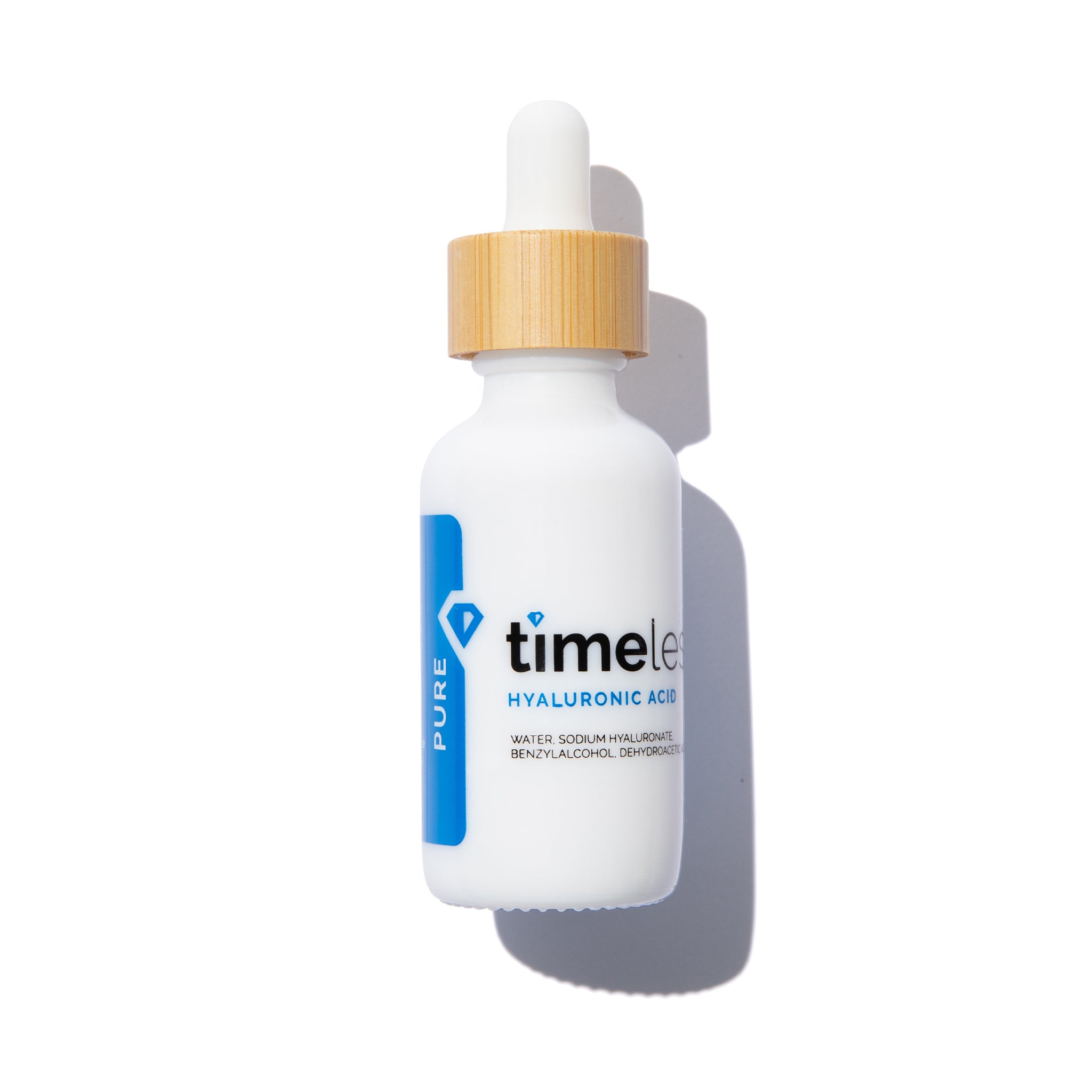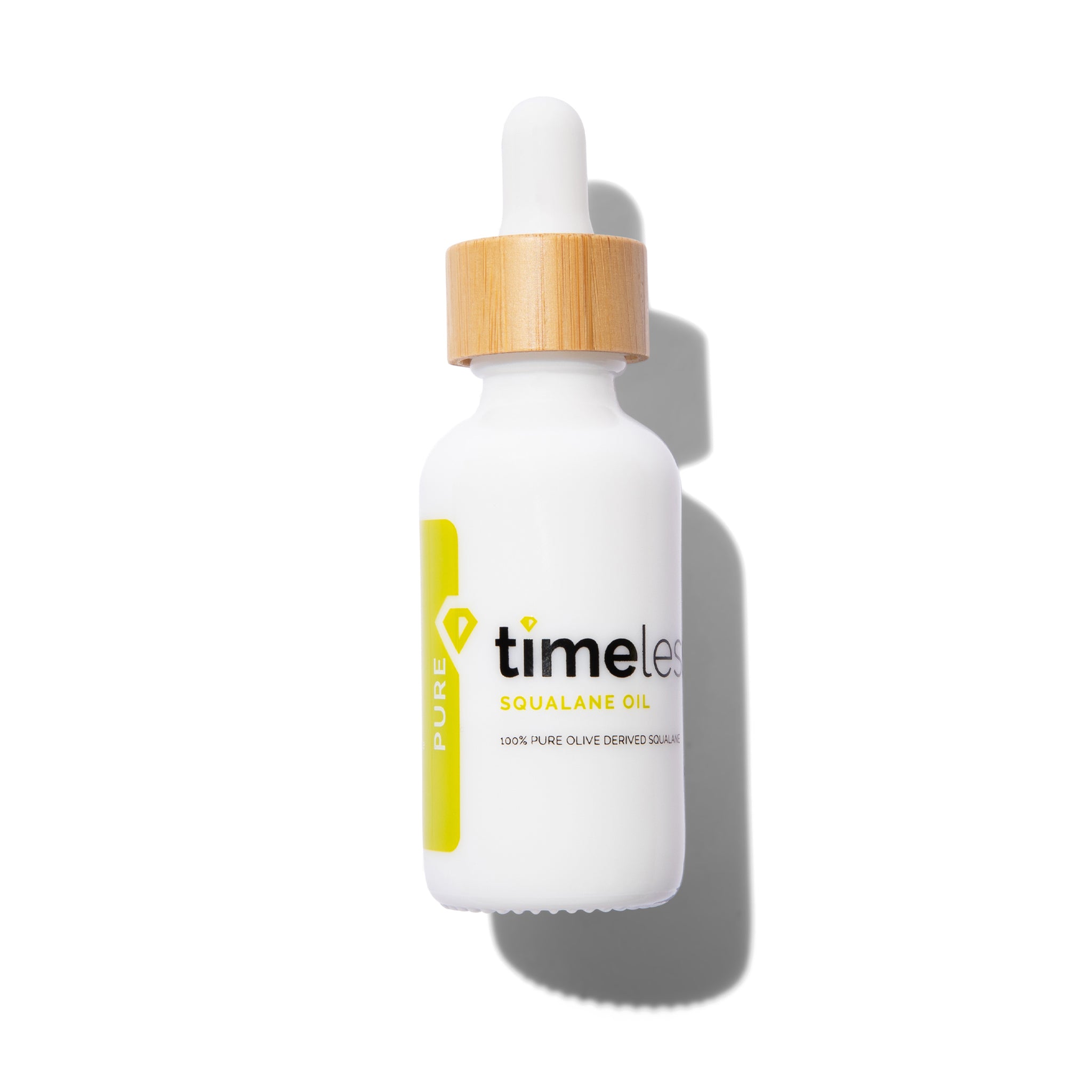With the arrival of the summer season comes warmer temperatures. While you may enjoy spending more time in the sun, you’ve got to do what you can to take proper care of your skin. As you take those steps, you may find yourself asking, “how do you keep your skin moisturized in the summer?” Here are several tips and insights to help you and your skin during the hotter months of the year.
Factors That Impact Your Skin’s Hydration
As you learn how to take excellent care of your skin, it’s a good idea to understand what poses a risk to your skin’s hydration in the first place. For instance, high levels of humidity can drain the moisture from your skin, and the sun’s harsh UV radiation won’t do you any favors, either. Adjust the temperature of your showers, as long, hot showers can dry out your skin.
Trying to stay comfortable in the summer by cranking up the air conditioning also has the potential to lead to skin dryness. Trying to remain alert and awake by drinking coffee also dries out your skin. Take a close look at the ingredients in skincare products you currently use. Those with strong active ingredients may be doing more harm than good, and the same applies to washing your skin a bit too harshly. When you do wash your face and the rest of your body, be sure the water is warm rather than hot. In fact, rinsing your skin with cool water is best.
Do you currently take medication? If so, it could also dry out your skin. For instance, some blood pressure medications have been known to lead to dry skin. Ask your pharmacist or doctor if anything you are currently taking can keep your skin from getting the moisture it needs to stay healthy and lush.
Recognizing When Your Skin Is Dehydrated
You can’t properly keep your skin hydrated in the summer if you aren’t sure of what it looks like when your skin is lacking in moisture. Take a good look at your skin in the mirror. If it’s red or peeling, chances are that it’s dry. You can also feel the dryness in your skin. To keep from transferring dirt and bacteria on your hand to your face, which can cause more skin problems, thoroughly wash your hands before gently smoothing them over your skin. If you feel roughness or tightness, you need to put in some time replenishing your skin’s moisture. Now that you have a better understanding of what dries out your skin and what it looks like when your skin is dehydrated, it’s time to learn what you can do to quench your skin’s thirst.
Keeping Your Skin Hydrated
One of the best and easiest ways to hydrate your skin is to use a quality moisturizer. Get to know your specific skin type, such as dry or oily, then find a moisturizer designed specifically for your type of skin. That way, you don’t use too little or too much moisturizer to find the perfect balance. Additionally, switching from a heavy winter moisturizer to a lighter cream is good for the summer season. A squalane 100% Pure product could agree with your skin quite nicely, as it’s a superior moisturizing product that also fights the signs of aging. It’s best to moisturize right after you get out of the shower, to replenish any moisture you may have lost, and to take advantage of your pores being nice and open after the shower, making it easier for the moisturizer to penetrate deep into your skin.
Exfoliating is another great way to lock in moisture. When you scrub away dead skin cells by exfoliating, you allow your skin to breathe easier, and you also increase your blood flow. Additionally, you make it easier for the skin-hydrating products you use to penetrate your skin to truly do their best work. Aim for exfoliating no more than three times a week, as it’s entirely possible to go overboard with this tip.
Take a look at the soap you use on your body. You may enjoy the rich scent some soaps have, but that richness could be doing more harm than good to your skin. During the summer, switch to a foamy soap that has a mild scent to it. When you dry off, pay close attention to how your skin looks. If you notice some flaking, that could mean your soap isn’t washing off completely in the shower, or that there’s still dirt on your skin. Switching to a lighter soap may help.
Drinking water is essential all year round, but that goes double during the summer season. Not only do you keep your body hydrated when you drink lots of water, but the same also goes for your skin. Do everything you can to ensure you drink plenty of water, even if that means adding a bit of lime or lemon juice to add some flavor. You may find it’s easier to guzzle water when it’s ice cold, so consider adding some ice cubes to your glass. Know that it’s possible to drink too much water, which is known as water intoxication. Your kidneys can only handle so much liquid within a certain period of time. To determine whether you’re drinking too much water, pay attention to the color of your urine. If your urine is usually a clear color, and if you go to the bathroom more than every couple of hours, you could be taking in too many fluids. Try cutting back to see if that makes a difference in frequency and color. Your efforts to stay properly hydrated and healthy can most certainly become too much of a good thing.
Additional Hydrating Tips
What you put into your body makes a difference in how your skin looks, something you may have already realized if you had acne as a teenager. When it comes to keeping your skin hydrated, eating plenty of leafy green vegetables and fruits help ensure you get more water throughout the day. What’s better is the fact that fruits and vegetables are rich in fiber, vitamins, minerals and the like.
You may also want to consider adding a supplement to your daily diet. Specifically, zinc, selenium, vitamin E, and vitamin C are great for helping your skin retain moisture. If you like, you can eat foods rich in these supplements rather than taking a daily vitamin or gummy.
Of course, wearing sunscreen is a must for protecting your skin and keeping it from drying out. Sweat-proof sunscreen lotions are one of your best bets for helping to keep sunscreen from slicking off your body throughout the day as you’re out and about and exercising. If you like, you can add a few drops of hyaluronic acid to your sunscreen. What hyaluronic acid does is add a hydrating and moisturizing element to your sunscreen. When choosing a sunscreen, aim for a selection that provides an SPF of at least 15 and shields you from UVB and UVA rays. Make sure you apply sunscreen at least 15 minutes before heading outside, and don’t be shy when it comes to reapplying it; every two hours is a good target to aim at.
Touching back on what to eat and drink to stay hydrated, certain foods and drinks should be avoided. For instance, drinking alcohol poolside sounds great during summer vacation, but your mixed drink is likely drying your skin out. In regards to what you eat, take it easy on foods that have a lot of sodium in them, as they leech moisture from your skin. Commonly, frozen pizza, canned soups, canned vegetables and processed meats have a lot of sodium.
There may be times when you trip up when it comes to protecting your skin from harm caused by exposure to the sun. Cooling gels and soothing botanicals go a long way in keeping redness at bay, reducing inflammation and keeping your skin from peeling. Even if you don’t think you sunburn easily or very much, it’s still a good idea to have your skin examined at least once a year by a dermatologist. This doesn’t have anything to do with keeping your skin hydrated, but skin exams are essential for your overall health, and for reducing your chances of skin cancer.
When you go to sleep, it can help to run a humidifier in your room. Not only does it help to replenish the moisture in your room, but the moisture in your skin as well. You could also find you fall asleep easier with a humidifier in your room, and breathe easier while inside your home. That said, it’s possible to have too much moisture in your home, which can lead to problems such as mold and mildew, which can cascade into a number of preventable and expensive issues within your home’s structure. It’s best to aim for a humidity percentage that’s between 30 and 50 percent.
Now that you have multiple answers and perspectives on the question, “what can I use for my dry skin in the summer?,” be sure to keep the above information and products in mind in the months ahead. Keep cool, and stay hydrated.
















